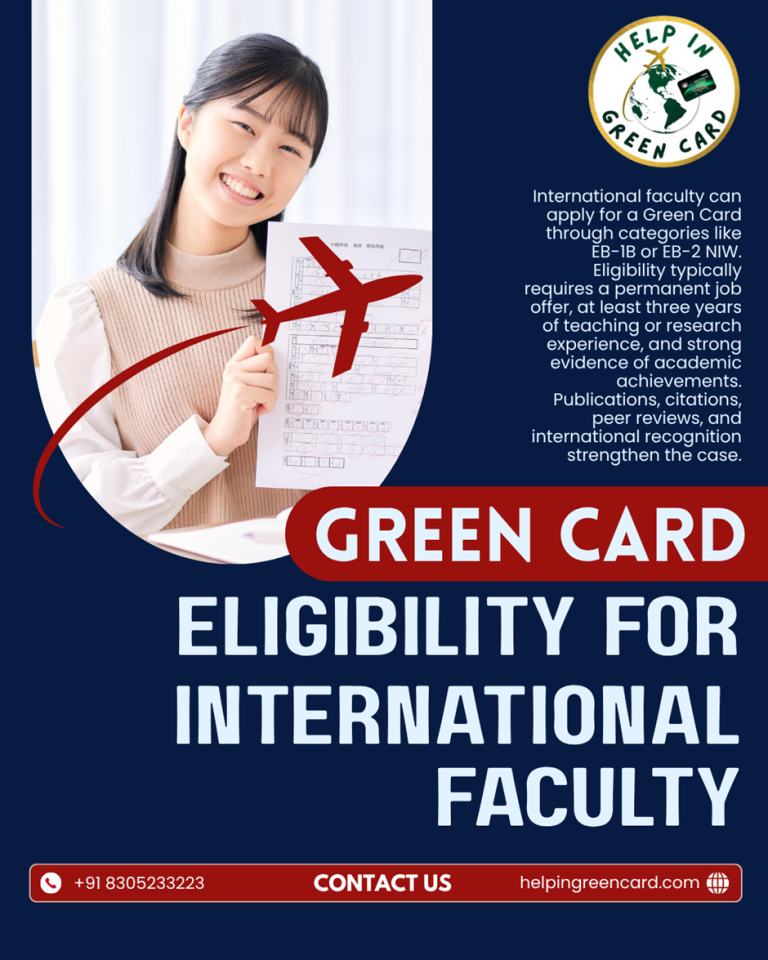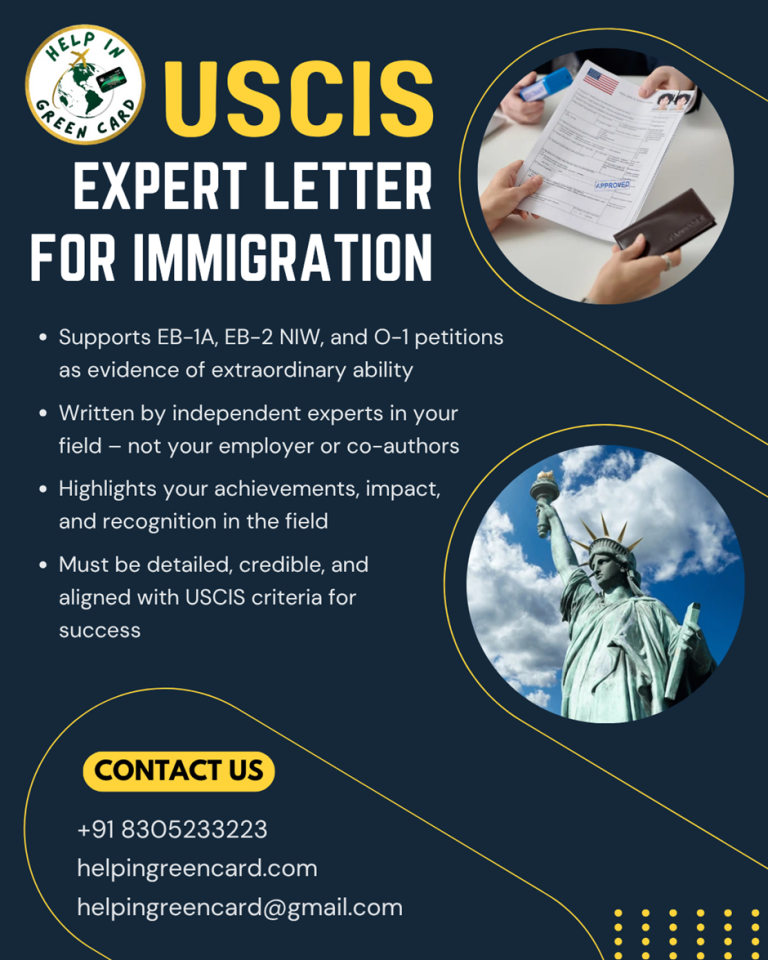
The reality of a workforce today is that remote work has spread widely, meaning that professionals can work to help U.S-based businesses when they live in other countries. Nevertheless, most remote employees are asking the question, is this international employment set-up usable in applying to U.S Green Card? Following are the details of the possibilities and limitations.
Can Remote Workers Living Abroad Apply for a Green Card?
Yes, the remote workers living outside the U.S. can make a green Card application, yet it all mostly depends on an employment status, a visa type, and some long-term intentions to stay in the U.S. Whether they can apply or not, it is necessary to remember that it is only possible to apply in accordance with one of the available immigration classes.
Employment-Based Green Card Options
Remote workers employed by U.S.-based companies may be eligible for employment-based Green Cards. These include:
1. EB-2 and EB-3 Categories (Employer-Sponsored)
A remote worker can upgrade to an EB-2 or EB-3 immigrant category in case a U.S.-based company is ready to sponsor a worker and enjoy a PERM labor certification procedure. This will however necessitate a full time working offer, within the U.S. and the willingness to move to the country in case of a Green Cards acceptance.
2. EB-1A (Extraordinary Ability)
Employees can self-petition on EB-1A if they have outstanding achievements in terms of their employment in a technology, science or business position. This is perfect when the freelancer or the independent worker has a solid background and track record of works and reputation in their field.
3. EB-2 NIW (National Interest Waiver)
This type of self-petition is applicable to professionals whose employment is of important benefits to the U.S. even though it can be done in a different country. National impact, advanced degree and proven track record are the major keys to apply in NIW.
Green Card Through Family Sponsorship
In case a remote worker has his/her immediate family members that are U.S. citizens or Green Card holders, he/she might obtain family-based immigration. The application can also be sponsored by the spouses of U.S citizens or by their children or parents regardless of whether the recipient is abroad.
Requirements for Consular Processing
The applicant lives in a foreign country therefore the Green Card will be processed not by adjusting the status, but by consular processing. When the petition gets approved by USCIS, the application is transferred to National Visa Center (NVC), and the applicant then goes to meet an interview at a U.S. embassy or consulate office in their home country.
Key Considerations Before Applying
Intent to Relocate: Applicants must show a genuine intent to live permanently in the U.S. after receiving the Green Card.
Employment Verification: For employer-sponsored cases, job offers must be for a U.S.-based role, not just remote positions.
Tax Implications: Long-term remote work abroad may affect residency and taxation status, which USCIS might examine.
Need Help Planning Your Green Card Strategy?
At HELPINGREENCARD, we help Indian professionals in tech, engineering, AI, cybersecurity, and other IT fields understand their options, prepare strong petitions, and explore fast-track alternatives.
Contact us today:
+91-830-5233-223
helpingreencard@gmail.com
www.helpingreencard.com




